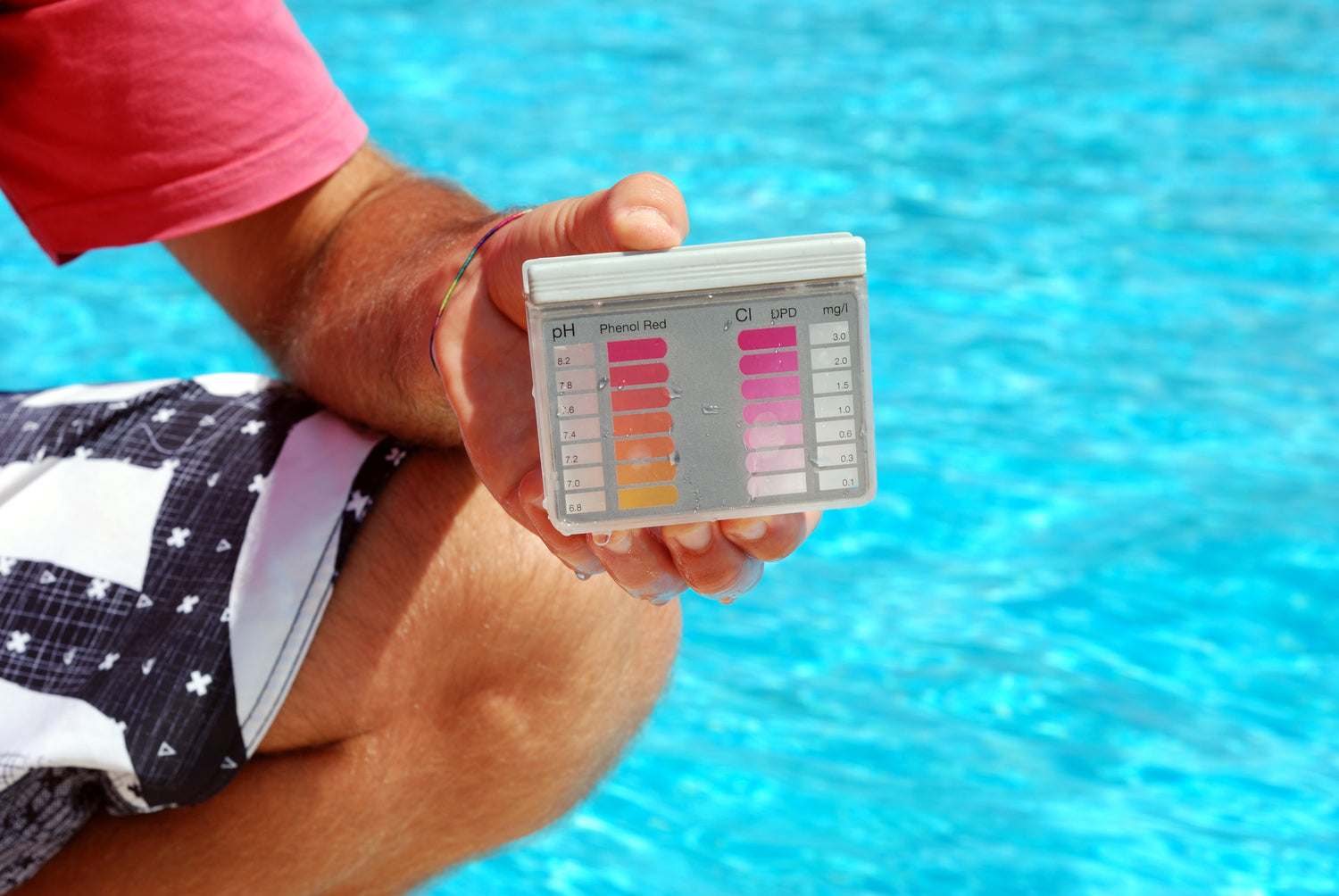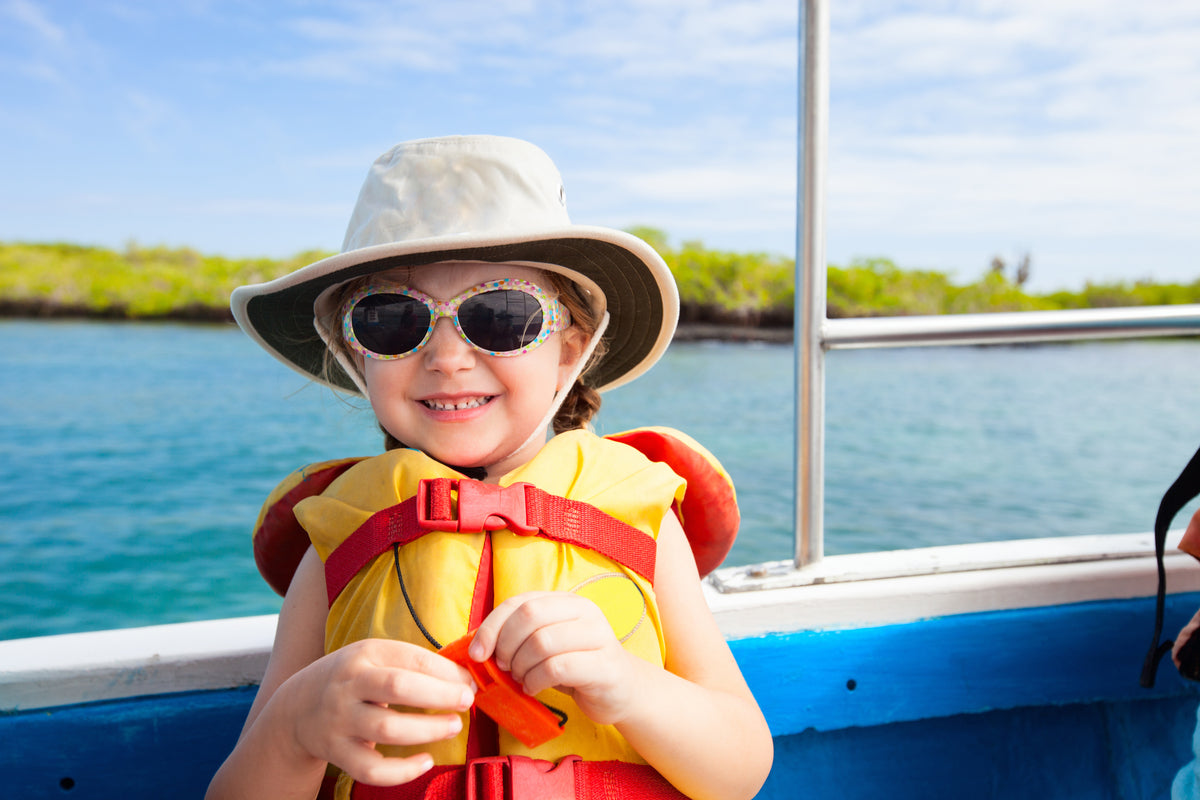During the warmer months of the year, beaches all across the globe beckon to cold-weather-weary individuals who are seeking reprieve from frigid temperatures and cloudy skies. In these situations, a beach faction is just what the doctor ordered.
However, if you are planning to travel to the beach with small children, there are several things you need to consider, first. One of these things is what steps you can take to help ensure your children remain safe while having fun. Keep reading to learn what these safety tips are.
Check for Any Swimming Advisories
Most beaches use a flag system or another warning system to let visitors know the conditions of the water. Be sure to pay attention to beach closures, bans, postings, warnings, and advisories. Each of these may mean you are at risk if you go in or near the water.
Stay Out of the Sand when Swimming Advisories Are in Place
If there is a swimming site or a beach with an advisory post, you should also assume that the sand has also been contaminated. This is especially true close to the water. Remember, pathogens can be persistent, and they may live in the sand longer than they are able to live in the water.
Avoid Getting in the Water After a Storm or After Heavy Rain
If it has rained a lot, it means there are contaminants that have been washed into the watershed from stormwater discharges and from the riverine. Also, during heavy rains, wastewater may begin to overwhelm the treatment facilities. This can result in sewage bypasses.
In most cases, water quality sampling results will not be available for up to 48 hours after the water is tested. What this means is that unless there are certain precautionary measures in place, beaches may not be posted with the right advisory or even closed for several days, even though the water isn’t exactly safe. Make sure you know the local weather conditions, and if there is a risk, you, nor your children should venture into the water.
Look for Any Pipes
Avoid splashing, sitting, wading, or swimming near any drains, ditches, sewage outfalls, along with in the mouths of creeks and rivers. This is where the highest concentration of bacteria, germs, and other contaminants will be.
Trust What You Smell
If you have noticed that the water smells or looks bad, it’s best to stay out of the water. If the water appears murky or milky, or if it is covered in algae or scum, smells strongly of sewage or algae, don’t take the risk.
When it comes to staying safe on the beach, especially for young kids, there are more than a few factors to consider. Be sure to keep the information here in mind to ensure that you get the fun, exciting time on the beach that you and your family want and need. It’s also a good idea to plan a vacation with the pros to avoid any problematic or dangerous areas.




